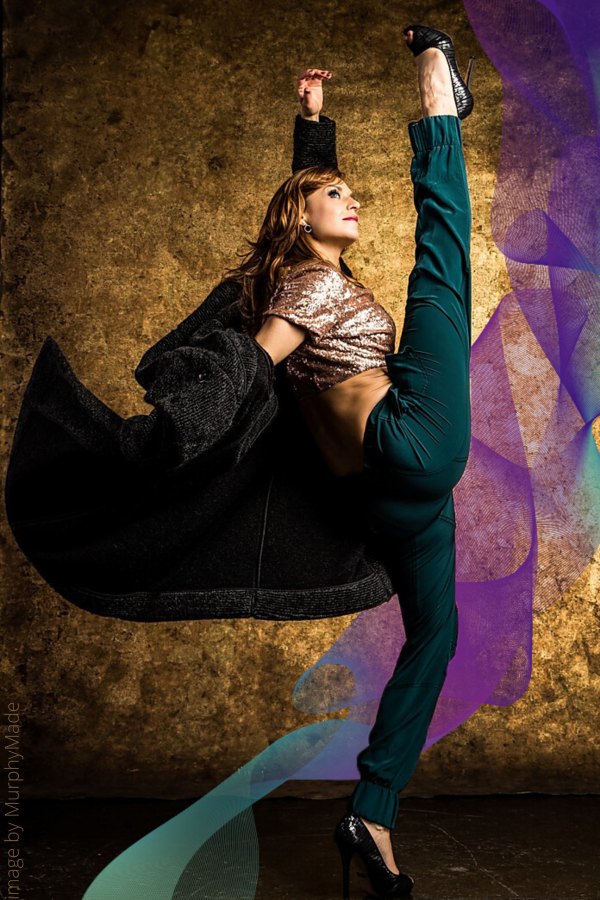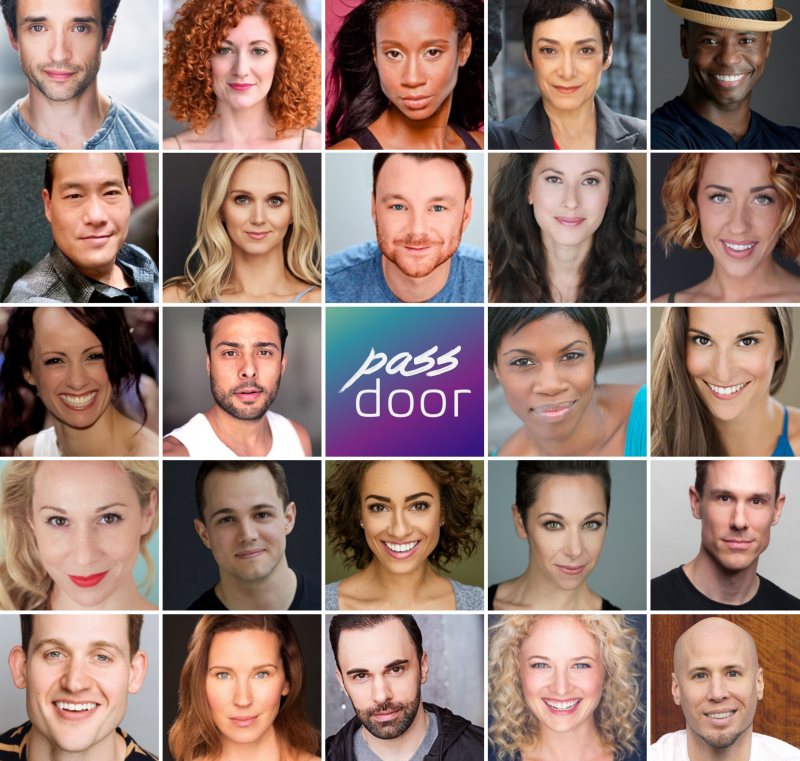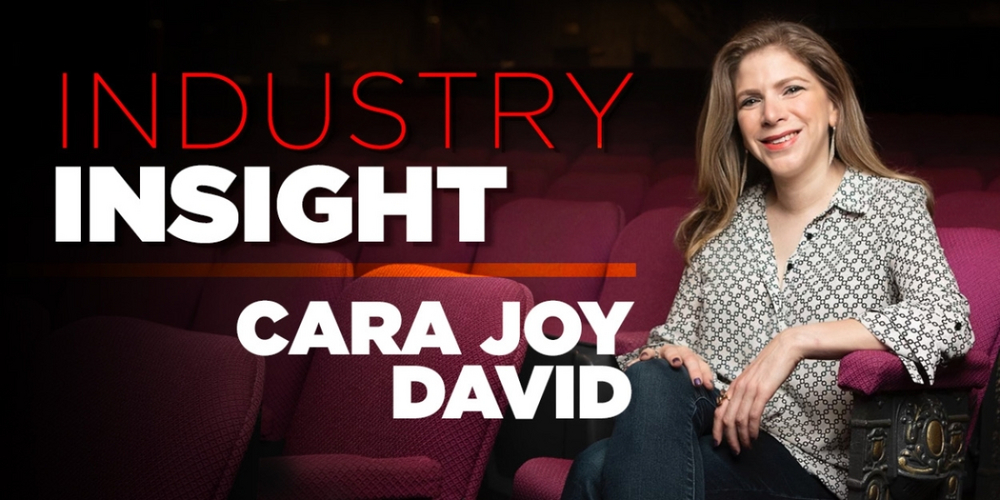Industry Editor Exclusive: Still No Gigs... So What Now?
Find out how many theatre actors are coping without their usual source of income.
The theater shutdown has been hard on everyone in the industry. That is true even of actors. While the average naïve reader might think of acting as a lucrative profession, many theater actors, especially New York-based ensemble members, don't typically have a lot of extra cash. Yes, even the lowest tier Broadway contract pays fairly well, but it is not as if the work is consistent. So what do those folks do now?
There have been a few paying Zoom gigs, but, the majority of actors without voiceover work or a film or TV show, have been left without income. And we now know that will continue well into 2021. Theater actors I have been speaking to have mostly been hustling--very few are purposefully using up any possible savings to ride it out in NYC. There are those still looking for work; those garnering income from teaching master classes; those who have chosen to leave the city; those spending time studying for a degree; those relying on supplementary work they already had; those doing new temporary jobs; those who have decided to leave the business; and those who created their own paid work. And there are those that are doing some combination of those things.
 During the heart of the pandemic, actors Jen Malenke and Vasthy Mompoint, founders of Broadway Babysitters, couldn't show up in person to take care of kids. So they enlisted some of their friends to do Broadway Babysitters Playhouse--virtual fun classes for both kids and the elderly. The classes were pay what you can, with a portion of the money donated goes to the PAAL COVID Childcare Relief Fund. Now that things are a little more open, Broadway Babysitters has gone in person again. (Mompoint has left the company to establish her own company, which will produce online programming for kids.) You can still do virtual lessons with performers, but Malenke explained she knew parents needed more.
During the heart of the pandemic, actors Jen Malenke and Vasthy Mompoint, founders of Broadway Babysitters, couldn't show up in person to take care of kids. So they enlisted some of their friends to do Broadway Babysitters Playhouse--virtual fun classes for both kids and the elderly. The classes were pay what you can, with a portion of the money donated goes to the PAAL COVID Childcare Relief Fund. Now that things are a little more open, Broadway Babysitters has gone in person again. (Mompoint has left the company to establish her own company, which will produce online programming for kids.) You can still do virtual lessons with performers, but Malenke explained she knew parents needed more.
"We wanted something flexible for people," she explained. She employs only professional artists or stage managers. The company works on trust and referrals. Her people abide by all CDC safety protocols and asks families to do the same. Malenke says more people have been comfortable with in-person in recent months. This gives theater folks work--and exhausted parents a break. Plus, book with them for even in-person, and you can add on a lesson. It can be traditional babysitting plus a dance, singing or art lesson. Pretty helpful for kids missing their in-person group classes.

Photo Credit: Matthew Murphy
Broadway Babysitters is a company that existed well before the pandemic and had to adapt. Other performers have used this time to create companies. One such company is Passdoor, so named after the so-called "pass door," the door that separates the backstage area from the auditorium. Passdoor--founded by veteran ensemble members Jennifer Frankel, Nili Bassman, Megan Sikora and Frankel's husband Bryan Bullock--is a place you can go for virtual classes, but don't call them master classes. "We are a school; you study with us," explained Sikora, who serves as Passdoor's Director of Sales and Partnerships. "The issue with a master class is you are doing it in a bubble. We have small classes where our teachers pause and interact with you, to teach you."
Sikora gushed that the support from the community has been amazing-not only has the team been able to recruit top talent to teach, but Passdoor also has celebrity endorsees, including Bebe Neuwirth. And Sikora said the students are loving it. Most of the enrollees are from the East Coast, but the company also has students in such countries as Japan and Thailand. You can book a single class at a time or a pack, just as you could with an in-person studio (except more reasonably priced).

Of course not everyone is going that ambitious. Some are just supplementing their income by picking up more of work they already did. For instance, Tug Watson, who was a vacation swing for THE PHANTOM OF THE OPERA at the time of the shutdown, is working with the elderly, something he did pre-pandemic. "They are awesome men and provide me with the best stories," he said. "It's been very satisfying. It's been very emotionally gratifying."
That is important to Watson because, like most performers (and all of us), he is feeling the loss of the theater. He joked: "I can't wait to audition again! Who ever said that?"
While it barely pays the bills, the work with these men is something Watson is passionate about, at least partially filling that theater-sized void.
And we're all going to need to find something to make up for the lack of Broadway. The shutdown has devastated people emotionally and financially. There is some theater planned--in New York and elsewhere--before the Great White Way returns, but much of it is small scale.
"Plays are a safer ways of creating theater," Sikora noted. "For us, you are sweating, singing at each other... The ensemble dancer will be the last people getting consistent work in the theater. We're all trying to create work for actors."

Videos


